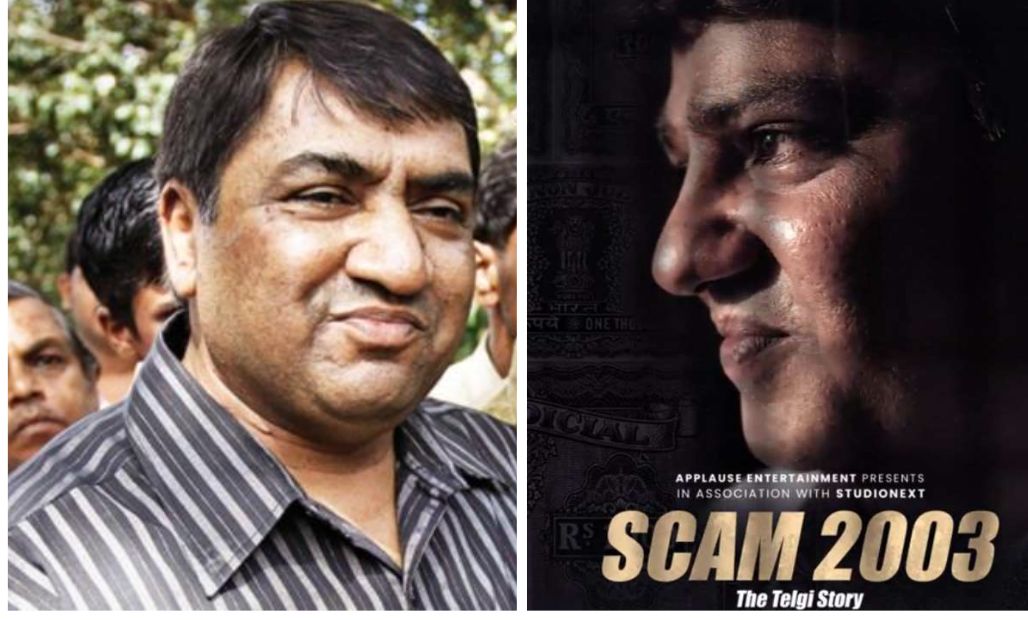From a humble fruit seller at Karnataka’s Khanapur station to the notorious mastermind behind one of India’s most audacious scams, the journey of Abdul Karim Telgi AKA Karim Lala Telgi is a tale of transformation that left the nation astounded.

Source: Mint
In 1991, under the alias Karim Lala, he first caught the attention of Mumbai Police, facing charges of forgery and cheating. However, it was behind bars where Telgi stumbled upon an opportunity that would shape his criminal empire, counterfeit stamp papers, perpetually scarce and in high demand across the nation.
Here is a backstory of Karim Telgi’s stamp paper scam
Abdul Karim Telgi was the leader of a big fake money operation in India. He made a lot of fake stamp papers, which are used for official documents. He ended up making a huge amount of money, around ₹30,000 crore, by doing this illegal business in India.
While in prison, Telgi forged a partnership with a promising venture, counterfeit stamp papers. These forged documents, in perpetually high demand due to their scarcity, laid the foundation for his future racket. Upon his release, in 1994, Telgi secured a legitimate license for this business. He then obtained decommissioned machinery from the Nashik Security press, repurposing it to print counterfeit stamp papers.

Source: Bollywood Shaadis
Over the subsequent 7-8 years, Telgi established an operation utilizing similar machinery procured from government auctions. He flooded the market with counterfeit stamp papers, alongside other related items such as judicial court fee stamps, notarial stamps, and share transfer certificates, all offered at substantial discounts.
Telgi tricked big institutions like banks, insurance companies, and brokerage firms. But his scam wouldn’t have worked without the help of dishonest government officials. He gave them lots of money in exchange for their help, and in the end, he became really rich with many properties all over the country.

Source: India News , First post
As a regular patron at a Mumbai dance bar in the Grant Road area, Telgi was known for his extravagant spending, particularly on a dancer who bore a striking resemblance to a famous Bollywood star. However, this minor indulgence would come back to haunt him in 2002 when he tested positive for HIV.
Meanwhile, Telgi’s counterfeit operation was beginning to unravel, with multiple investigations and cases filed against him in various states. Arrested in 2001 in Ajmer, he was eventually sentenced to 30 years of rigorous imprisonment in 2007 for his involvement in the fake stamp paper scam, which was estimated to be worth Rs 20,000 crores. He served his sentence at Parappana Agrahara Central Jail in Bengaluru until his death in October 2017 due to multiorgan failure.

Source: Scroll.in
Ironically, a year after his demise, the Nashik sessions court acquitted Telgi and six others in the fake stamp paper case, citing a lack of “solid evidence” against them. Ultimately, Abdul Karim Telgi emerged as a multifaceted character, originating from modest origins yet ascending to establish an empire, albeit one founded on ethically unstable foundations.



















































































